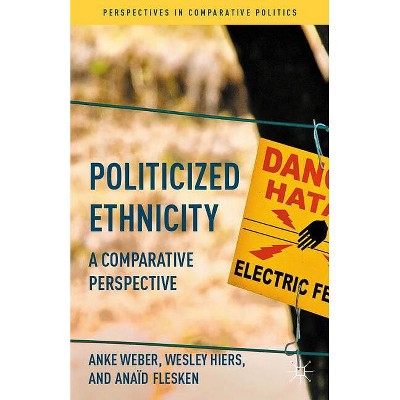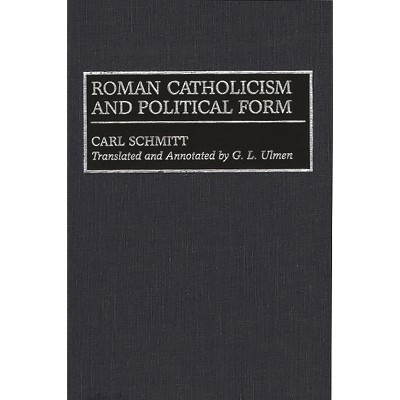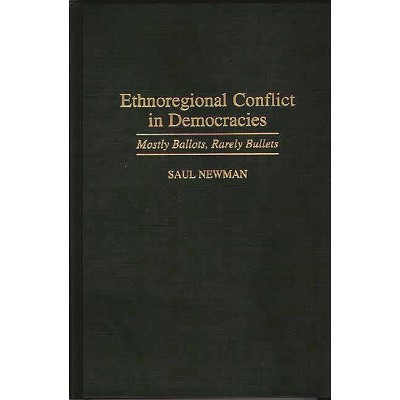The Changing Basis of Political Conflict in Advanced Western Democracies - (Perspectives in Comparative Politics) by A Arwine & L Mayer (Hardcover)

About this item
Highlights
- Political conflict in Western democracies has traditionally emerged from politics rooted in competing ideologies and interests.
- About the Author: Author Alan T. Arwine: Alan T. Arwine is a Lecturer in Political Science at the University of Kansas.
- 119 Pages
- Political Science, Political Ideologies
- Series Name: Perspectives in Comparative Politics
Description
Book Synopsis
Political conflict in Western democracies has traditionally emerged from politics rooted in competing ideologies and interests. With the rise of politics of identity, political conflict is morphing as political parties align themselves with identities, rather than ideologies or interests.Review Quotes
"In this new book, Arwine and Mayer provide an insightful and well-informed analysis of how the basis of political conflict has been changing in the U.S. and other advanced industrial societies. Fifty or sixty years ago, people's political loyalties largely reflected their social class and religious denomination. Today how people vote is more strongly shaped by cultural and ethnic differences, with sharp disagreements over such issues as same-sex marriage, abortion rights and immigration. This book helps us understand why, although income inequality has risen sharply in recent decades, efforts to offset this trend have been surprisingly weak." - Ronald Inglehart, Lowenstein Professor of Political Science and Research Professor at the Institute for Social Research, University of Michigan, USA
About the Author
Author Alan T. Arwine: Alan T. Arwine is a Lecturer in Political Science at the University of Kansas. Author Lawrence C. Mayer: Lawrence C. Mayer is a Professor of Political Science at Texas Tech University.Shipping details
Return details
Trending Non-Fiction











